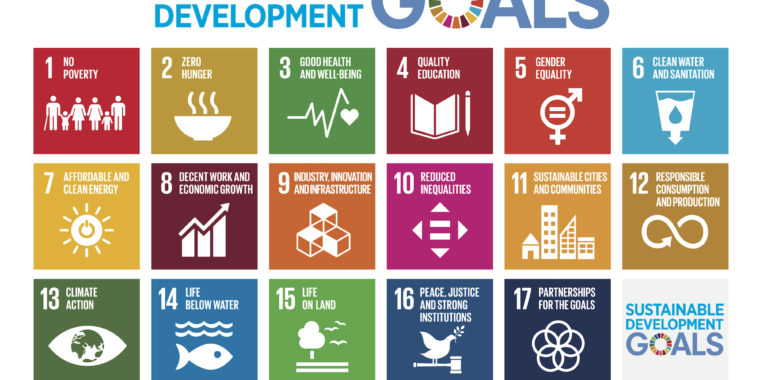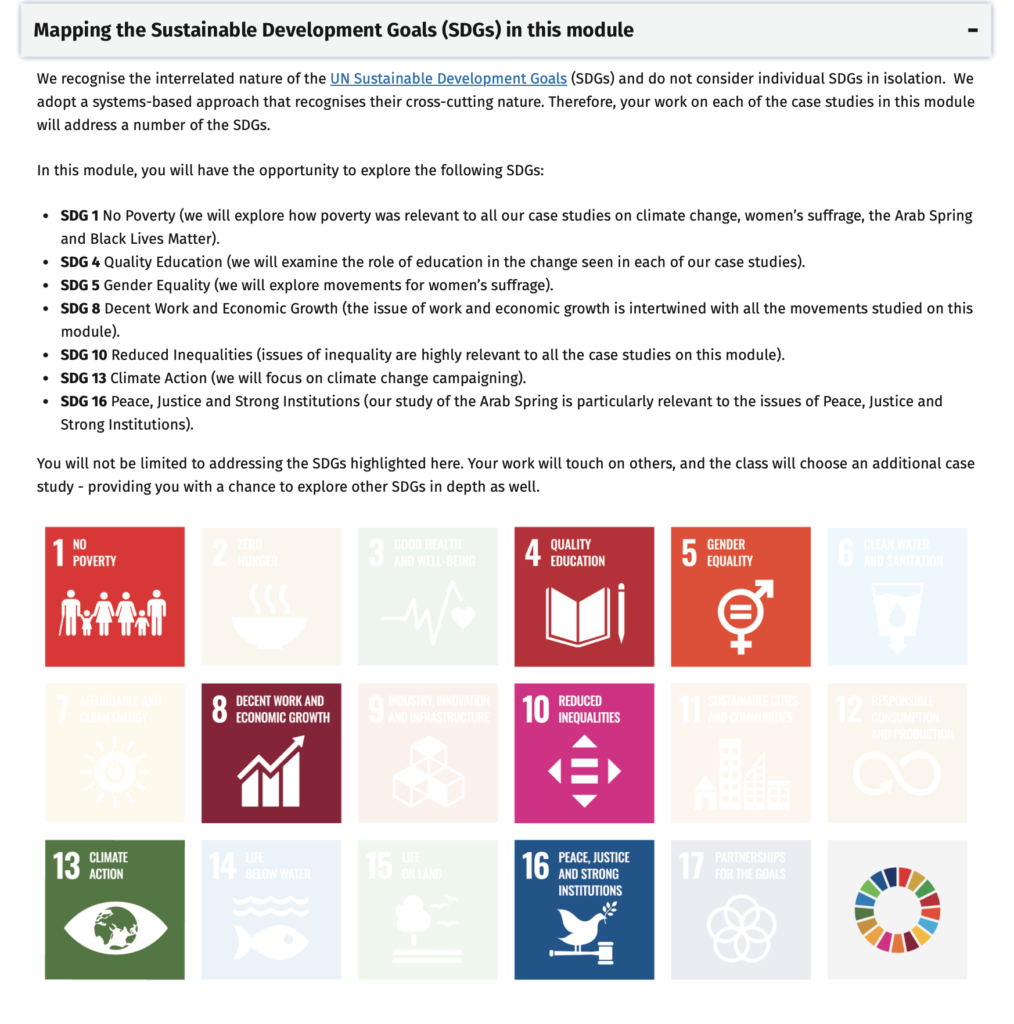
Sustainable human development is development that improves living conditions in the present without compromising the resources of future generations.
Development is not sustainable when we spend or use all our resources now, leaving future generations with nothing. Sustainable human development is growing together, improving our thinking and respecting the environment.
To facilitate sustainable human development, we need to work together to make sure major changes are made to transform into a more just and equitable society. To achieve this, our leaders will have to commit to this change, but we must also do our part. For example, we must give our opinions on key issues, analysing and debating about the world we dream for ourselves and for future generations. We must also take positive actions in our own lives that contribute towards sustainable development – like having respect for other people and for the planet.
Global action for Sustainable Human Development
Created in 1945, the UN is the largest existing international organisation, of which almost all States in the world are members. It is tasked with maintaining peace and security in the world, helping solve the problems that affect us all, promoting respect for the human rights of all people (including children and young people) and providing support to countries to work together for this purpose.
In the year 2019, there are 193 UN Member States. In 2000, representatives from the (then) 189 Member States of the UN met to adopt the Millennium Declaration. This Declaration created a global alliance to combat poverty. After this meeting, the goals we now know as the Millennium Development Goals (MDGs) were developed.
The MDGs were eight goals that States created to guide joint efforts between international organisations and States to fight poverty and hunger in the world, stop diseases like HIV/AIDS, promote gender equality, and to ensure that more children are able to attend school, among other efforts. These goals were supposed to be achieved by the year 2015 and although much progress was made, there is still further work to be done.
From time to time, Member States delivered reports to the UN on their work to achieve these goals. The UN reviewed the States’ progress and assessed their success in achieving the goals.
As the time period for the MDGs ended in 2015, the world and our governments still need to keep working to fully achieve the MDGs for all people, as well as tackle new issues and problems. For example, many people in the world— more than 1 billion people —continue to live in poverty and many others experience inequality, unfair treatment and discrimination.
More recently, the UN discussed what should be the global priorities that needed to be met within the next 15 years – from 2016 to 2030. These priorities are now called the Sustainable Development Goals (SDGs).
There are 17 Global Goals that cover a number of important issues for the world, including: ending extreme poverty, ensuring all children receive a good education, achieving equal opportunities for all and promoting better practices for consumption and production that will help make the planet cleaner and healthier.

In July 2015, Member States reached a final agreement on the SDGs. The aim of this agreement is to commit efforts towards ensuring that people around the world live better, without damaging the planet. States will work toward achieving them within the next 15 years, from 2016 to 2030. These Goals, which came after the MDGs ended, are known as the Sustainable Development Goals (SDGs).
The UN led an Open Working Group, comprised of Member States’ representatives, which met 13 times throughout 2013 and 2014. Accompanied by a team of technical experts on education, health, climate and other topics, this group discussed the most pressing issues facing people around the world and standing in the way of improving life for all people and the planet. At the same time, discussions were taking place around the world with ordinary people, giving them the opportunity to express their ideas on what should be in the SDGs. From these discussions, the Open Working Group developed goals and targets that focus on a variety of different themes. For example, some of the topics covered include ending extreme poverty and hunger, and guaranteeing human rights, peace, gender equality, as well as the sustainable management of the environment and natural resources.
Your Change Makers module and the SDGs
We recognise the interrelated nature of the UN Sustainable Development Goals (SDGs) and do not consider individual SDGs in isolation. We adopt a systems-based approach that recognises their cross-cutting nature.
All Change Makers modules are aligned with multiple SDGs – meaning that you will have some choice about how to focus your learning and which SDGs to explore. You will also not be limited to framing your exploration and study with a single SDG.
All our module pages demonstrate the SDG mapping for each module with examples of student work and our SDG icons as in this example below:

Last Updated 30th September 2023
